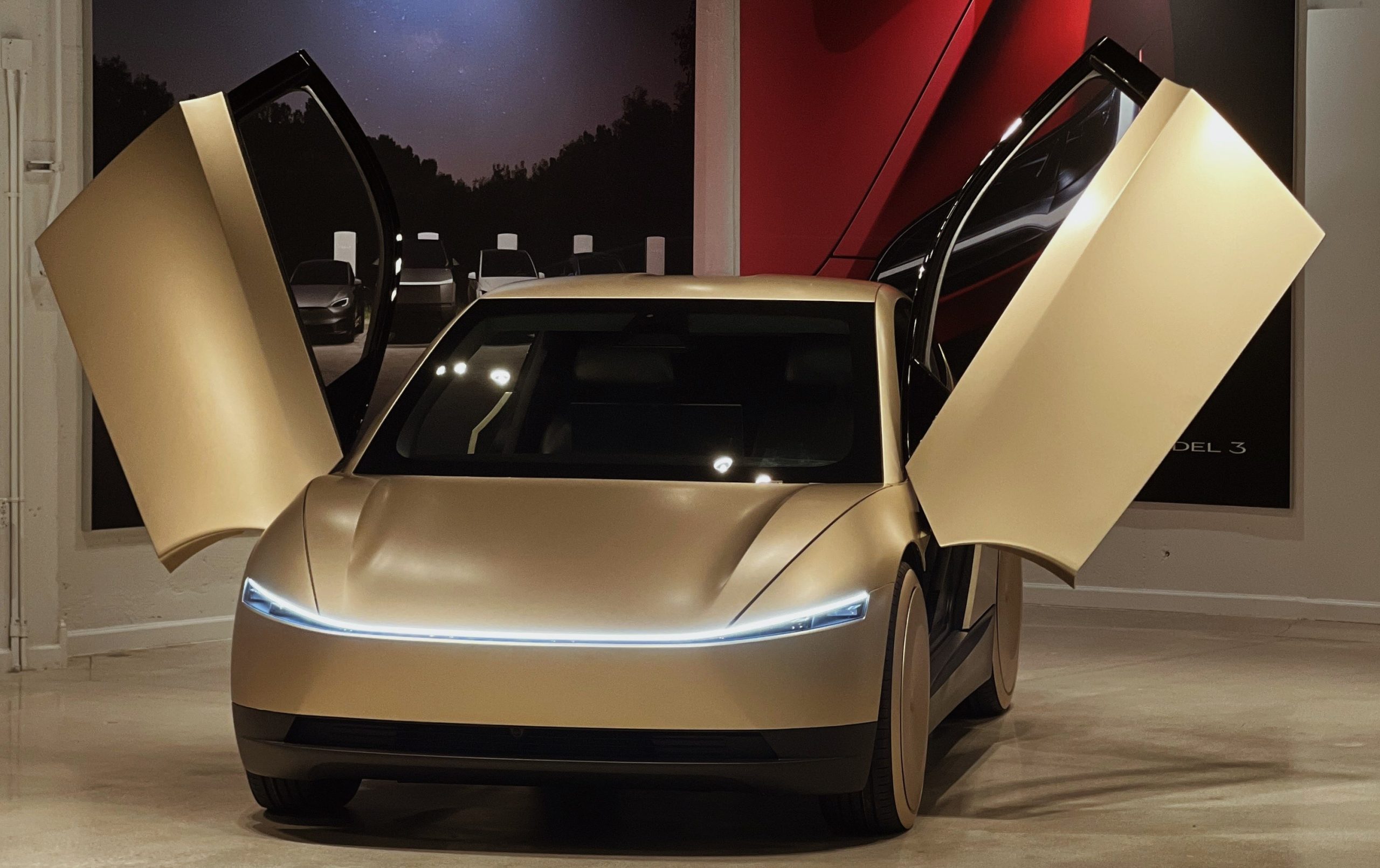Tesla’s plans for its highly anticipated autonomous ride-hailing services, “Robotaxi” and “Cybercab,” have encountered significant hurdles as it prepares for a June launch in Austin, Texas. The U.S. Patent and Trademark Office (USPTO) has refused Tesla’s application to trademark the term “Robotaxi,” citing the term as too generic for a product designation. Tesla’s second application for a “Robotaxi” trademark for its ride-hailing service is still under examination, but the USPTO has issued a “nonfinal office action,” granting the company three months to respond before potentially abandoning the application.
In addition to the issues with “Robotaxi,” Tesla has faced delays with the “Cybercab” trademark, with similar trademark claims from other companies, including those related to aftermarket Cybertruck accessories. Despite these setbacks, Tesla remains undeterred and is pushing ahead with its plans to launch the service in Austin, Texas.
The company has already begun conducting “FSD Supervised” ride-hailing tests with employees in Austin and the Bay Area. These tests, which have covered over 1,500 trips and 15,000 miles, are designed to help develop Tesla’s full self-driving network, mobile app, and vehicle allocation systems. The first phase of the service will deploy 10 to 20 Model Y vehicles equipped with Tesla’s Full Self-Driving (FSD) software, with the company aiming for a larger rollout in the near future.
Tesla’s CEO, Elon Musk, has made it clear that the success of the Robotaxi and Cybercab initiatives is critical for the company’s future, as it seeks to scale its autonomous ride-hailing service for broader profitability. However, regulatory challenges remain. Tesla’s prototype Cybercab, a two-seater vehicle with no steering wheel or pedals, is under scrutiny by the National Highway Traffic Safety Administration (NHTSA), which has yet to approve such vehicles for mass production.
As Tesla moves forward, the company faces the dual challenge of overcoming regulatory hurdles and resolving trademark disputes to ensure the success of its ambitious Robotaxi and Cybercab plans. With the June launch approaching, the next few months will be crucial in determining whether Tesla can meet its deadline and establish itself as a leader in the autonomous ride-hailing market.


